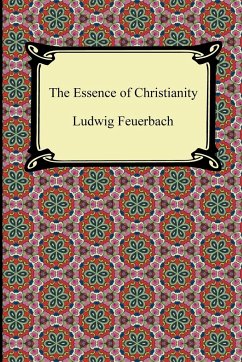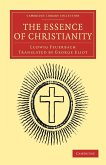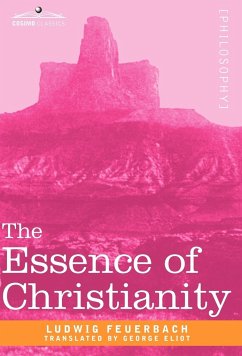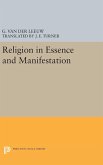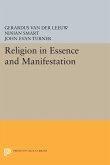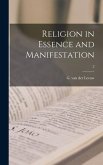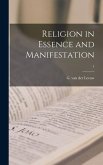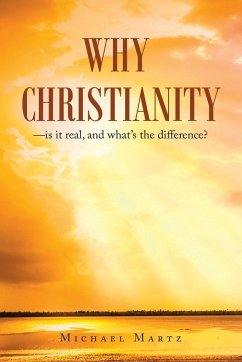Ludwig Feuerbach (1804-1972), the immensely influential German philosopher of the 19th century, wrote his most important work "The Essence of Christianity" in 1841. Combined with his numerous other writings, "The Essence of Christianity" contributed to the development of dialectical materialism. Feuerbach is often considered the philosopher who bridged Hegel and Marx. Here is his sharp criticism of Christianity. A staunch atheist, Feuerbach argues that Christianity has wrongfully "projected" and "displaced" elements of the human mind onto nonexistent supernatural, religious objects. This displacement, he argues, fundamentally alters notions of consciousness. Feuerbach works his way through his tractate via the skepticism established by Hegel and Spinoza, among others. Like Nietzsche, Feuerbach made the claim that Christianity need be deconstructed and repudiated for true civil progress to occur. "The Essence of Christianity" shows Feuerbach in full force as an influential member of a new breed of German philosophers. This text, and this author, occupies a significant place in the history of modern philosophy.
Hinweis: Dieser Artikel kann nur an eine deutsche Lieferadresse ausgeliefert werden.
Hinweis: Dieser Artikel kann nur an eine deutsche Lieferadresse ausgeliefert werden.

